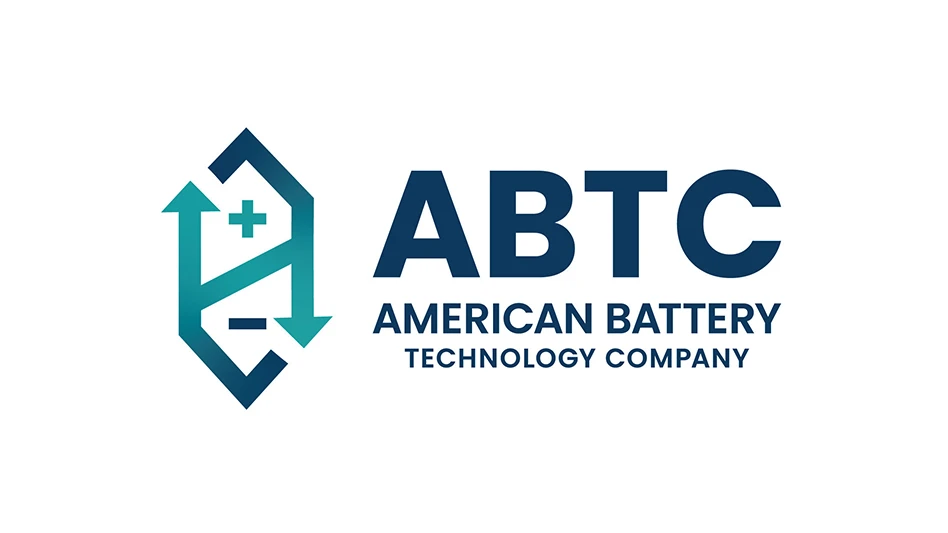
Photo courtesy of Granite Peak Plastics

Granite Peak Plastics is a recycled resin supplier based in St. Louis. The company was incorporated in 2020, when the Granite Peak Group bought QRS Re-Poly Inc. and appointed QRS CEO Greg Janson as CEO of Granite Peak Plastics. Today, the company operates three postcommercial and postconsumer resin (PCR) regrind production lines with several size-reduction technologies.
Granite Peak Plastics wasn’t always in this line of business, however. Nearly five decades ago, the company was known by another name, and Janson’s father ran a multistate material recovery facility (MRF) business.
In 1974, Tim Janson founded Quality Recycling Services, or QRS, Inc., while his sons, Greg and Matt, grew up in the business and helped in the facilities as children—providing what Greg now jokingly describes as “cheap labor.” In those years, Greg says QRS was the largest commercial recycler in St. Louis; Louisville, Kentucky; and Nashville, Tennessee.
Despite the success of the company, Greg says he couldn’t wait to get as far away from the business as possible. He pursued a bachelor’s degree in international relations at Purdue University. After graduating in 1990, he marched into the U.S. Marine Corps, serving as an infantry officer for eight years.
Meanwhile, Matt went to Kentucky to attend Bellarmine University before rejoining the business in January 1989 as a partner in the Louisville facility.
After years of Tim cajoling him and with a growing family of his own, Greg returned to the business in 1998 as general manager of the St. Louis facility.
Equipped with an intimate understanding of the business and years of hands-on experience, Greg and Matt began running the company before the family split it into three equal parts. By 2011, Greg and Matt bought out their father and sold the legacy facilities to Republic Services, WM and WestRock.
Technology at play
With their sights fixed on the future, the brothers began exploring the concept of regional plastic recovery facilities. In 2014, they opened new facilities in Louisville, St. Louis, Atlanta and Baltimore, where they mechanically separated incoming mixed plastic bales by polymer type. But timing was not on their side. The same year they launched their new business plan, oil and natural gas prices dropped significantly while domestic economic activity remained low, resulting in a market crash that rendered the brothers’ new model unviable. Over a handful of years, they shuttered the doors on every facility except the one in St. Louis, which in 2015 became ground zero for the start of their regrind business, QRS Re-Poly.

In the first year, Greg and Matt established a wash line for mixed bulky rigid plastics. With a target product of polyethylene (PE) and polypropylene (PP), mixed-plastic bales were fed into a double-shaft shredder from Metso, a Finland-based heavy-machinery company, breaking open the bales and reducing the material to 3 feet or smaller. The material then went through a size-reduction process in a second shredder, bringing it to down to 4 inches or less. Metals were removed before the plastic was run through a water bath to separate the material by density, followed by washing line before reaching an infrared optical sorter that separates PE and PP into individual bunkers. Each bunker fed into distinct grinders from Germany-based STF Group to produce three-eighths-inch regrind. The regrind was taken through an additional sink-float tank to remove remaining contaminants before being dried and deposited into bulk bags.
Five years after installing their first regrind line, Greg and Matt sold the St. Louis operation to the Granite Peak Group, officially forming Granite Peak Plastics. Greg stayed on as president and CEO, while Matt departed the business to found and serve as president of Diversified Scrap Trading LLC in Louisville. Greg opened a postcommercial plastic recycling line in 2020 alongside the existing processing line.
Greg describes the postcommercial line as a “very traditional grinding operation” that processes clean plastic with no metal contamination into a three-eighths inch regrind.
“We can provide a solution that is good for the bottom line—it’s going to save people money and it’s good for the environment. That’s why I talk about a world that ships on recycled plastic.” – Greg Janson, CEO, Granite Peak Plastics
The company already had some equipment that could be refurbished and repurposed to create the postcommercial line. Whole unwashed pieces of plastic are feed into a shredder from Vecoplan, an industrial shredding equipment manufacturer headquartered in Germany, with a U.S. subsidiary, Vecoplan LLC, in Archdale, North Carolina. The shredded plastics then go through a metal detector. The verified uncontaminated plastic pieces are deposited in a bunker before further size reduction takes place in an STF grinder.
Greg says the postcommercial line was installed to more cost-effectively recycle plastics that don’t need to be washed prior to processing.
While Granite Peak Plastics continues to process PE and PP on the first two lines, it expanded operations last year to recycle film and other thin, flexible plastics with the addition of an extrusion and pelletizing line.
Greg says this system, which was designed by eFactor3, Charlotte, North Carolina, allows regrind to enter the extruder from two overhead sources simultaneously. The line uses a twin-screw extruder manufactured by Austria-based MAS.
On one end, PP bulk bags are processed through a shredder manufactured by Weima, a Germany-based company that has U.S. operations in Fort Mill, South Carolina. These shredded pieces then are placed in a hopper that feeds the extruder. Concurrently, a vacuum system transfers regrind stored in bulk bags directly into the extruder.
The system weighs each input and uses a controller to manage the amount of either material in addition to adding colorants and other additives. The extruder moves the material through a MAS continuous disk filter (CDF) 500 before transferring it to a pelletizer from Austria-based Econ GmbH.

A ready market
Today, Granite Peak buys a variety of postcommercial and postconsumer rigid and flexible plastics, but Greg emphasizes the value of the postcommercial stream. The majority of regrind Granite Peak produces is sold to manufacturers that create composite rail ties and shipping pallets.
Facing a market where recycled plastics are competing with wide-spec virgin plastic, which often can be less expensive, Greg says the way to realistically increase demand is to emphasize that using recycled plastics instead of wood to create rail ties and pallets increases the lifespan of these products and reduces maintenance and shipping costs for businesses in the long run.
“There are 20 million wooden railroad ties replaced every year in North America alone,” Greg says. If each of those railroad ties were replaced with ones made from plastic, “which use about 180 pounds of plastic—polyethylene, polypropylene and low-density polyethylene … that’s a huge amount of plastic.
“So, with both the railroad tie and the pallet, we can provide a solution that is good for the bottom line—it’s going to save people money and it’s good for the environment,” he adds. “That is why I talk about a world that ships on recycled plastic.”

Explore the August 2023 Issue
Check out more from this issue and find your next story to read.
Latest from Recycling Today
- Circular by Shapiro releases "5 for Five" sustainability series
- Graphic Packaging set to close Ohio CRB facility
- Ameripen voices support for Maryland EPR bill
- Matalco to close Canton, Ohio, plant
- Maryland county expands curbside recycling to include electronics
- California EPS ban will be enforced
- YKK AP America introduces BetterBillet
- Fresh Perspective: Cameron Keefe





